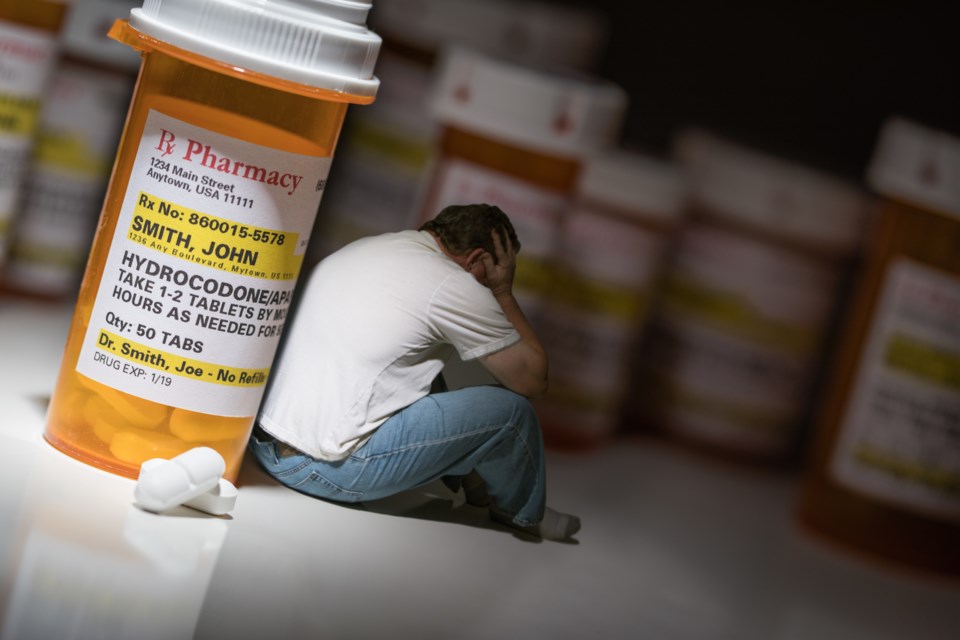NEWS RELEASE
ONTARIO PROVINCIAL POLICE
*************************
The Nottawasaga Detachment of the Ontario Provincial Police (OPP) continues its opioid public awareness campaign with a focus on the impact of language on addiction-related stigma.
Stigma can have a major impact on the quality of life of people who use opioids, those in recovery, and their friends and family.
Stigma refers to negative attitudes and beliefs about a group of people and their circumstances in life. It includes discrimination, prejudice, judgment, labels, isolation and stereotypes.
Stigma creates barriers to accessing health and social services for those struggling with substance use. Stigma can make people feel ashamed of their drug use, which can prevent them from receiving help if they need or want it.
There are various forms of stigma:
- Social stigma: when one experiences negative attitudes or behaviours toward people who use drugs.
- Structural stigma: when healthcare providers or first responders ignore or do not take people with problematic substance use seriously.
- Self-stigma: when people apply to themselves the negative attitudes and beliefs that they have heard from others.
Why do our words matter?
The language we use has a direct and profound impact on those around us. The negative impacts of stigma can be reduced by changing the language we use about substance use.
By using compassionate and respectful words in place of negative ones, you can make it easier for someone to speak up, feel heard and understood, and receive help.
How can we help reduce the cycle of stigma?
- Listen with compassion and without judgement, so that a person who uses drugs feels heard and understood.
- Speak up when someone is being treated disrespectfully because of their substance use.
- Use "people-first" language:
- Replace "junkie", "addict", "user" with "a person who uses drugs" or "a person with a substance use disorder."
- Replace "former drug addict" with "a person with a lived experience" or "a person in recovery."
Nottawasaga OPP Const. Katy Viccary sat down with Natalie Harris, a former paramedic in Simcoe County who struggled with PTSD and addiction, to discuss her journey, the impact of stigma and how to navigate it.
Harris is a mental health advocate, author, teacher, founder of Wings of Change, a peer support group for emergency first responders, and a Barrie city councillor. Watch their full conversation on Facebook @OPPCentralRegion, and a highlight on Twitter @OPP_CR.
The words we use when we talk about people who use drugs can be impactful and can either create barriers or a bridge for access to services. We have the choice to use language that provides dignity and respect. Together, we can make a difference.
Starting conversations and creating dialogue to encourage discussions about substance use is an important step to help address the overdose crisis. The Simcoe County District Health Unit launched a public awareness campaign called, "People Who Use Drugs." Please take the time and watch some "lived perspective" videos from those who have had experiences with opioids.
Get the facts at www.Canada.ca/Opioids for more valuable information on this important issue. For information on the Simcoe Muskoka Opioid Strategy, visit http://preventod.ca. If you suspect an overdose, stay, call 911 and save a life. Visit www.opp.ca/opioids to learn more.
*************************



